3 Reasons Not to Fear the Biden Tax Hikes
A lot of people are getting all worked up over President Biden's plan to raise taxes. Here are some reasons to chill.


Profit and prosper with the best of Kiplinger's advice on investing, taxes, retirement, personal finance and much more. Delivered daily. Enter your email in the box and click Sign Me Up.
You are now subscribed
Your newsletter sign-up was successful
Want to add more newsletters?

Delivered daily
Kiplinger Today
Profit and prosper with the best of Kiplinger's advice on investing, taxes, retirement, personal finance and much more delivered daily. Smart money moves start here.

Sent five days a week
Kiplinger A Step Ahead
Get practical help to make better financial decisions in your everyday life, from spending to savings on top deals.

Delivered daily
Kiplinger Closing Bell
Get today's biggest financial and investing headlines delivered to your inbox every day the U.S. stock market is open.

Sent twice a week
Kiplinger Adviser Intel
Financial pros across the country share best practices and fresh tactics to preserve and grow your wealth.

Delivered weekly
Kiplinger Tax Tips
Trim your federal and state tax bills with practical tax-planning and tax-cutting strategies.

Sent twice a week
Kiplinger Retirement Tips
Your twice-a-week guide to planning and enjoying a financially secure and richly rewarding retirement

Sent bimonthly.
Kiplinger Adviser Angle
Insights for advisers, wealth managers and other financial professionals.

Sent twice a week
Kiplinger Investing Weekly
Your twice-a-week roundup of promising stocks, funds, companies and industries you should consider, ones you should avoid, and why.

Sent weekly for six weeks
Kiplinger Invest for Retirement
Your step-by-step six-part series on how to invest for retirement, from devising a successful strategy to exactly which investments to choose.
President Biden's American Families Plan offers a long list of "social infrastructure" programs that will benefit a lot of people. Just as a sampling, the plan would provide free preschool and community college, more Pell Grants, scholarships for future teachers, caps on childcare expenses, training and pay for childcare workers, guaranteed family and medical leave, enhanced unemployment benefits, and tax breaks for lower- and middle-income families. But the president's plan will also cost a lot of money. And to pay for the $1.8 trillion package, Biden wants to raise taxes on upper-income Americans.
As one would expect, the president's tax and spending plan is setting off alarm bells for some people. In addition to anxiety over their own personal finances, many Americans are worried about the impact on the U.S. economy as a whole. Run-away inflation, followed by higher interest rates and slow growth are the chief concerns. This makes a lot of people nervous.
But if you're looking for ways to bring your anxiety level down, here are three reasons why you shouldn't fear Biden's proposed tax increases. Plus, it will take some time for the president's plan to work its way through Congress, and it may be best to just kick back and relax while we wait. After all, you probably don't need the extra stress in their life right now anyway!

You're Not Rich
When it comes to tax increases, the American Families Plan can be described as a "soak the rich" plan. So, for most Americans, the proposed tax hikes won't apply to you. That should bring your stress level down.
While some people who aren't particularly wealthy potentially could get caught up in some of the proposed tax increases, that would certainly be the exception rather than the rule. The revenue raisers are clearly aimed at the country's highest earners, and that's who would end up with a bigger tax bill in the vast majority of cases.
So, for example, the proposal to increase the top income tax rate from 37% to 39.6% reportedly would only apply to single filers with taxable income over $452,700 and married couples with taxable income over $509,300. If the highest capital gains tax rate goes from 20% to 39.6%, it would only impact people earning $1 million or more. The plan to eliminate the step up in basis for inherited property would only apply to gains of at least $1 million. (For more details and more examples, see 7 Ways Biden Plans to Tax the Rich.)
Congratulations if your income and financial situation puts you in the crosshairs for these tax increases – you've done very well for yourself. But if you're not quite up to that level financially, then at least there's a silver lining – you don't have to worry about Biden raising your taxes.
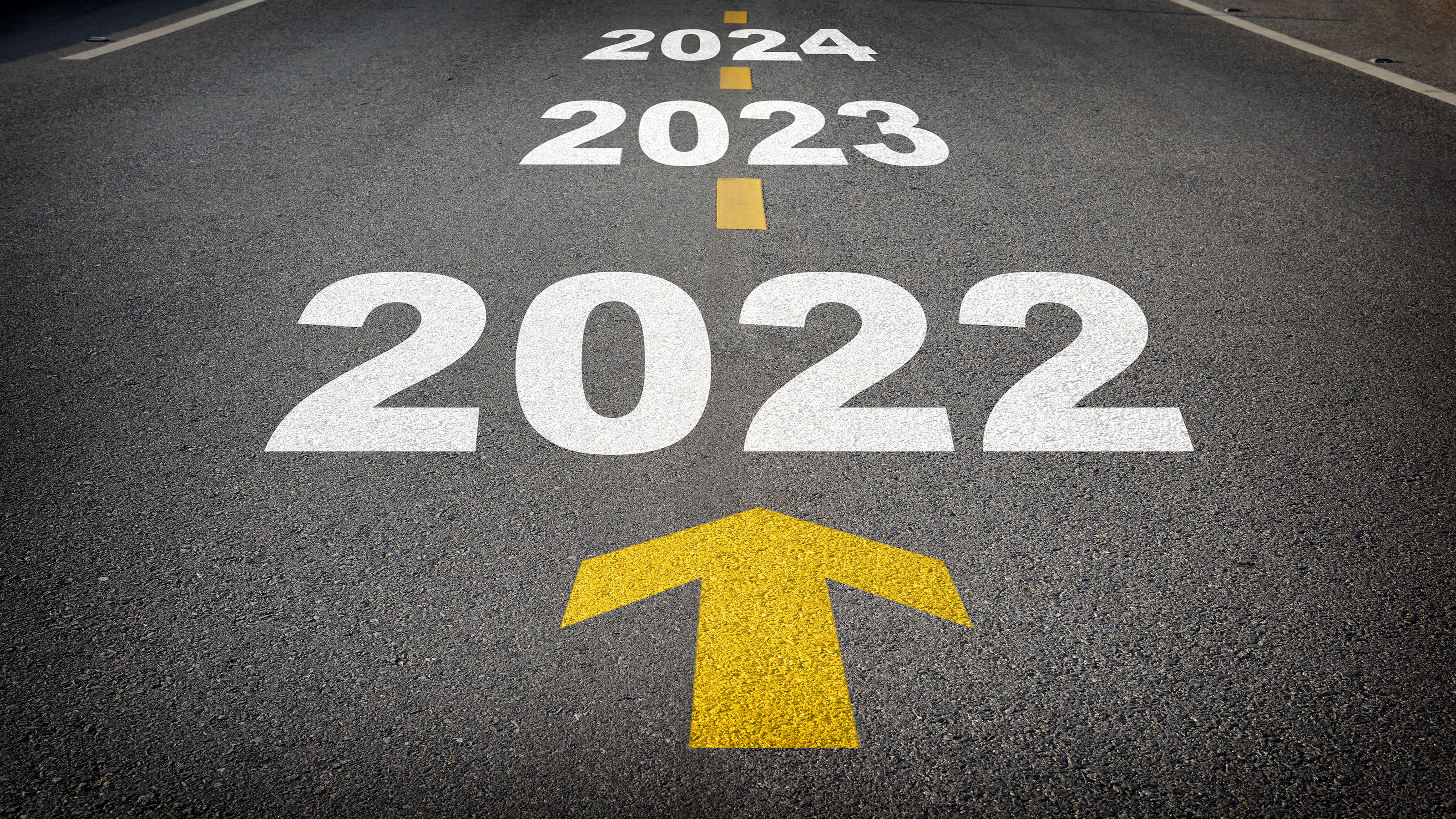
Any Tax Increases Will Be Down the Road
Even if you're wealthy enough to be affected by the proposed tax increases, we don't expect them to take effect until 2022 at the earliest. While President Biden hasn't said when he wants the proposed tax increases to take effect, there's no indication that they would be applied retroactively to the 2021 tax year. Plus, as we mentioned earlier, it will be a while before anything is passed by Congress…and the later in the year it gets, the less likely it will cover 2021.
If the economy doesn't fully recover soon, any new tax increases could be pushed even further down the road. That's because raising taxes in a stalled economy is risky. Tax hikes could then be delayed to 2023 or perhaps even 2024.
Delayed tax increases aren't quite as scary as immediate ones. . Of course, more of your income will be taxed under the old rules if new tax increases are postponed. But you may also be able to mitigate the damage in future years if you have more time to plan for bigger tax bills.
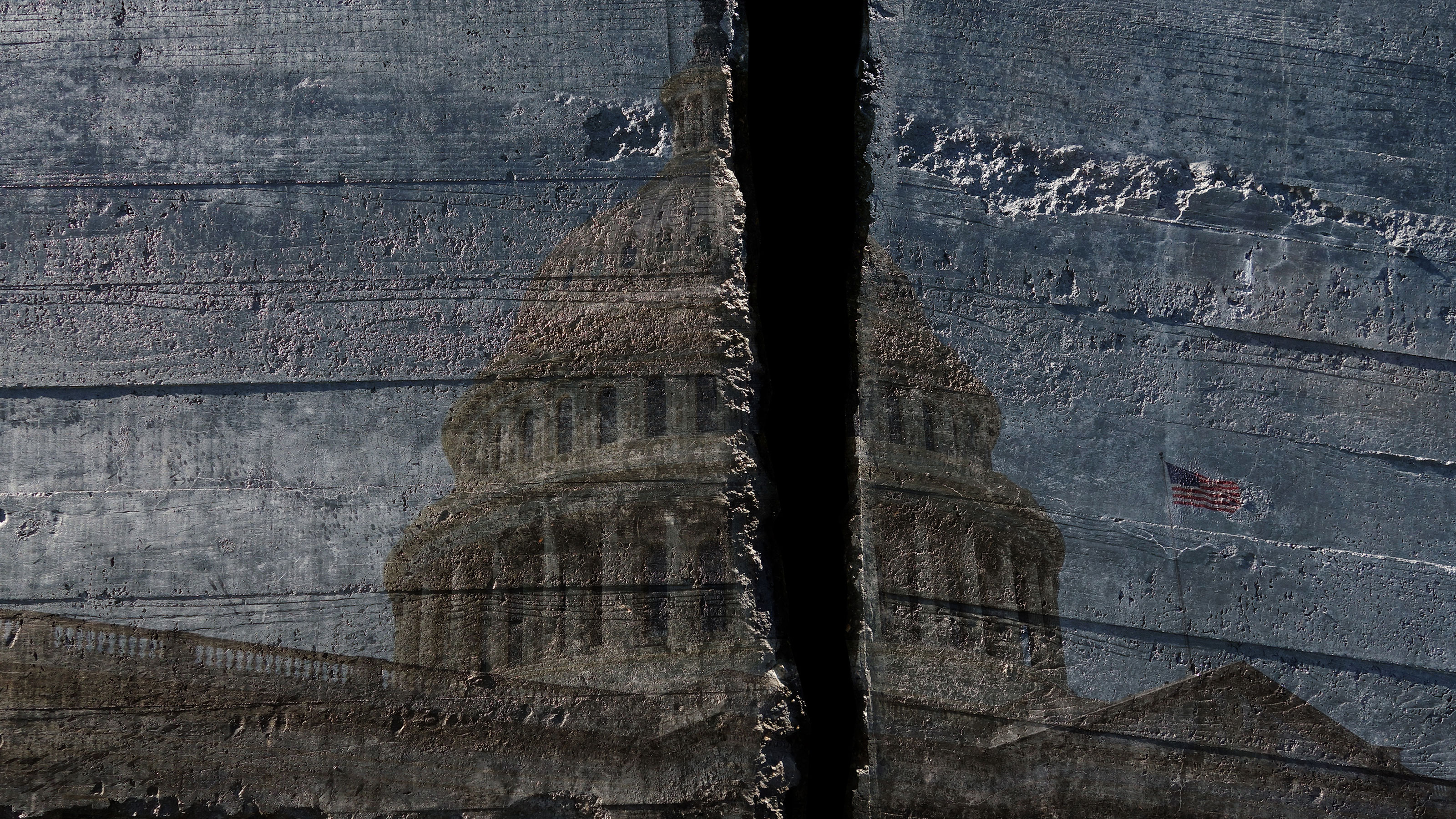
Biden Might Not Get What He Wants
Won't you feel silly if you worried about tax increases for months and then nothing happens. It's tough raising taxes on anyone – much harder than boosting taxes on corporations. And there's certainly a chance that President Biden won't get the tax hikes he's proposing. Or they could be cut down from where they stand right now (e.g., instead of a capital gains rate increase to 39.6%, maybe Congress decides that 28% is the highest they can go). Congress could also come up with a whole new slate of tax increases that don't affect you, or they could shelve the entire plan. At this point, there are so many different directions this could go.
But Congress is controlled by Democrats. They won't defy the president, who's leader of their party – right? Well, some of them might. Republicans aren't going to support tax hikes at all. That means Democrats will have to go it alone – probably using the "budget reconciliation" process used to pass the American Rescue Plan back in March. That means they'll need all 50 Democratic Senators to pass tax legislation. If just one Democratic Senator balks (we're looking at you, Sen. Manchin), then the whole plan could collapse. Or a Democratic Senator could demand changes to the plan that could gut one or more of Biden's tax increase proposals.
Tax hikes aren't a lock. And if they're not a lock, there's no sense getting all worked up over them now. Instead, calmly start evaluating your current situation and thinking ahead so you're prepared for tax increases if they happen. But don't start reaching for the panic button quite yet.
Profit and prosper with the best of Kiplinger's advice on investing, taxes, retirement, personal finance and much more. Delivered daily. Enter your email in the box and click Sign Me Up.
Rocky Mengle was a Senior Tax Editor for Kiplinger from October 2018 to January 2023 with more than 20 years of experience covering federal and state tax developments. Before coming to Kiplinger, Rocky worked for Wolters Kluwer Tax & Accounting, and Kleinrock Publishing, where he provided breaking news and guidance for CPAs, tax attorneys, and other tax professionals. He has also been quoted as an expert by USA Today, Forbes, U.S. News & World Report, Reuters, Accounting Today, and other media outlets. Rocky holds a law degree from the University of Connecticut and a B.A. in History from Salisbury University.
-
 Betting on Super Bowl 2026? New IRS Tax Changes Could Cost You
Betting on Super Bowl 2026? New IRS Tax Changes Could Cost YouTaxable Income When Super Bowl LX hype fades, some fans may be surprised to learn that sports betting tax rules have shifted.
-
 How Much It Costs to Host a Super Bowl Party in 2026
How Much It Costs to Host a Super Bowl Party in 2026Hosting a Super Bowl party in 2026 could cost you. Here's a breakdown of food, drink and entertainment costs — plus ways to save.
-
 3 Reasons to Use a 5-Year CD As You Approach Retirement
3 Reasons to Use a 5-Year CD As You Approach RetirementA five-year CD can help you reach other milestones as you approach retirement.
-
 States That Tax Social Security Benefits in 2026
States That Tax Social Security Benefits in 2026Retirement Tax Not all retirees who live in states that tax Social Security benefits have to pay state income taxes. Will your benefits be taxed?
-
 New Law Delivers Tax Breaks to Natural Disaster Victims, But Is It Enough?
New Law Delivers Tax Breaks to Natural Disaster Victims, But Is It Enough?Tax Relief The legislation provides critical tax relief to thousands of natural disaster victims across the country.
-
 A Look at Kamala Harris's Tax Plans Ahead of the Election
A Look at Kamala Harris's Tax Plans Ahead of the ElectionThe Tax Letter Under Harris's tax proposals, upper-income individuals would pay more taxes, while the middle class and lower-income people would pay less.
-
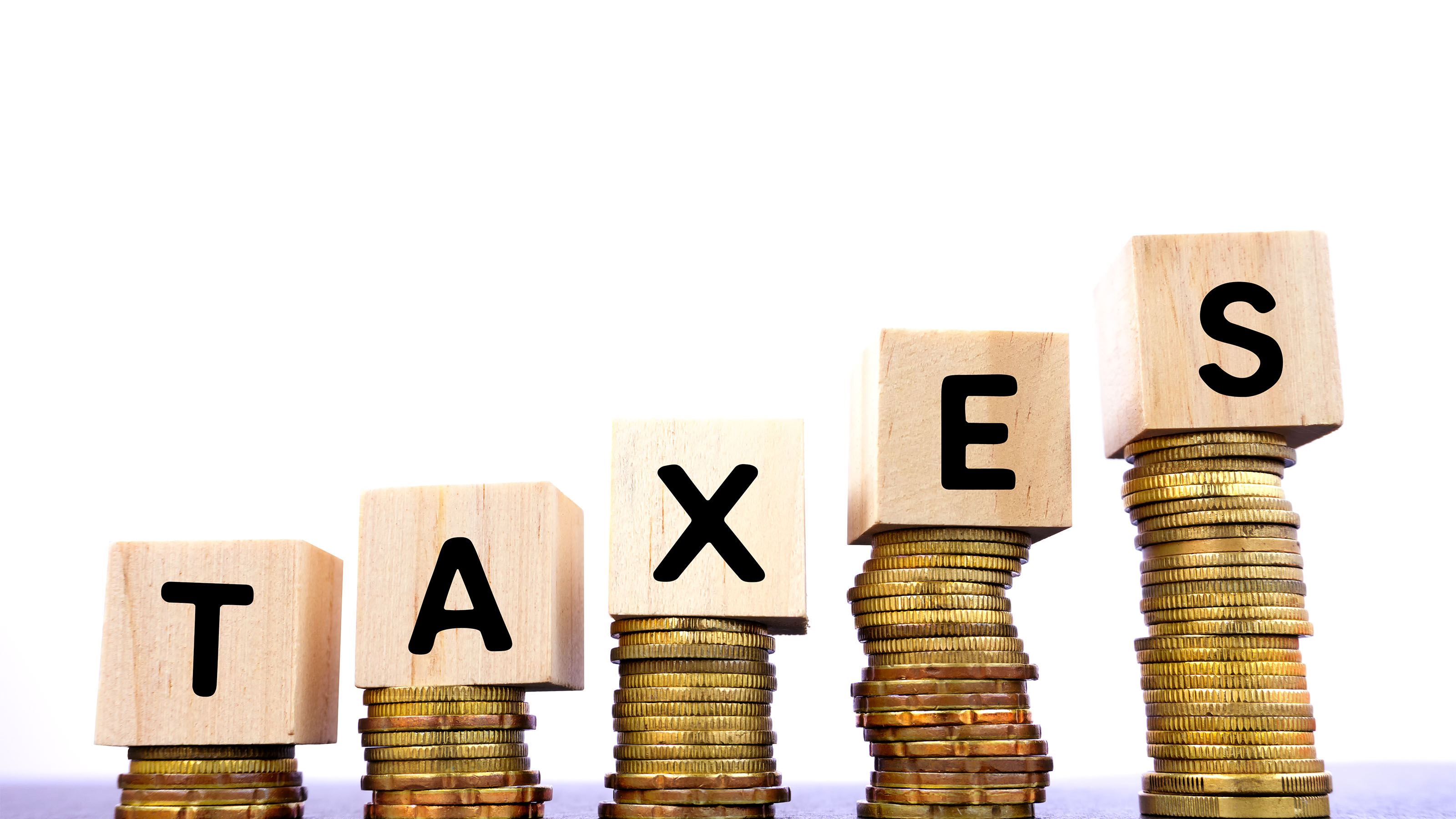 More People Are Paying This Tax On Investment Income Each Year: Kiplinger Tax Letter
More People Are Paying This Tax On Investment Income Each Year: Kiplinger Tax LetterTax Letter The number of returns reporting the net investment income tax has more than doubled and revenue from the tax has grown by $38 billion over the past decade.
-
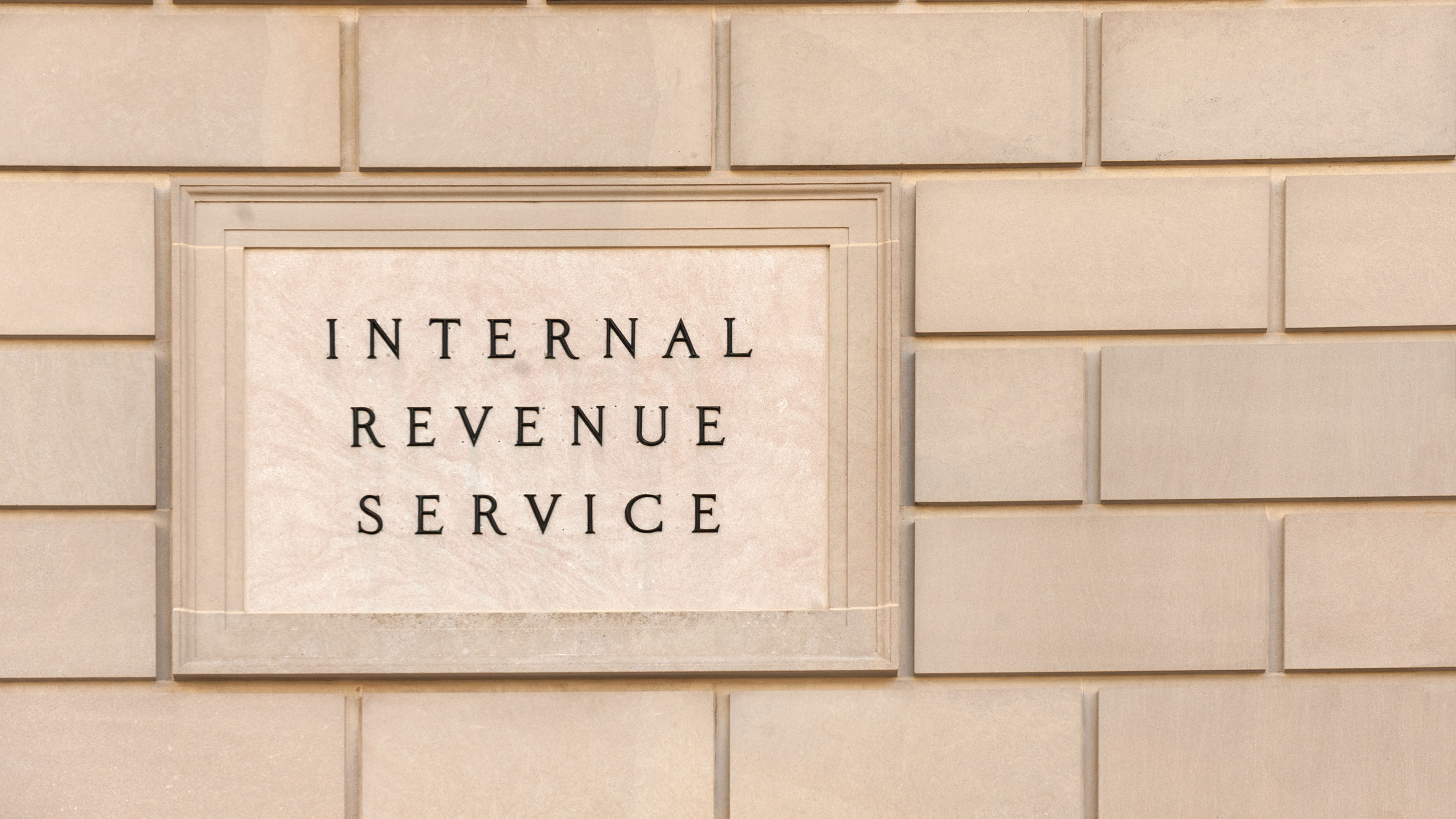 IRS Loses About $21 Billion Due to Debt Limit Deal: Kiplinger Tax Letter
IRS Loses About $21 Billion Due to Debt Limit Deal: Kiplinger Tax LetterKiplinger Tax Letter Only time will tell the impact of a key budget concession involving the IRS.
-
 Ten States with the Lowest Sales Tax in 2025
Ten States with the Lowest Sales Tax in 2025Sales Tax Living in one of the lowest sales tax states doesn't always mean you'll pay less.
-
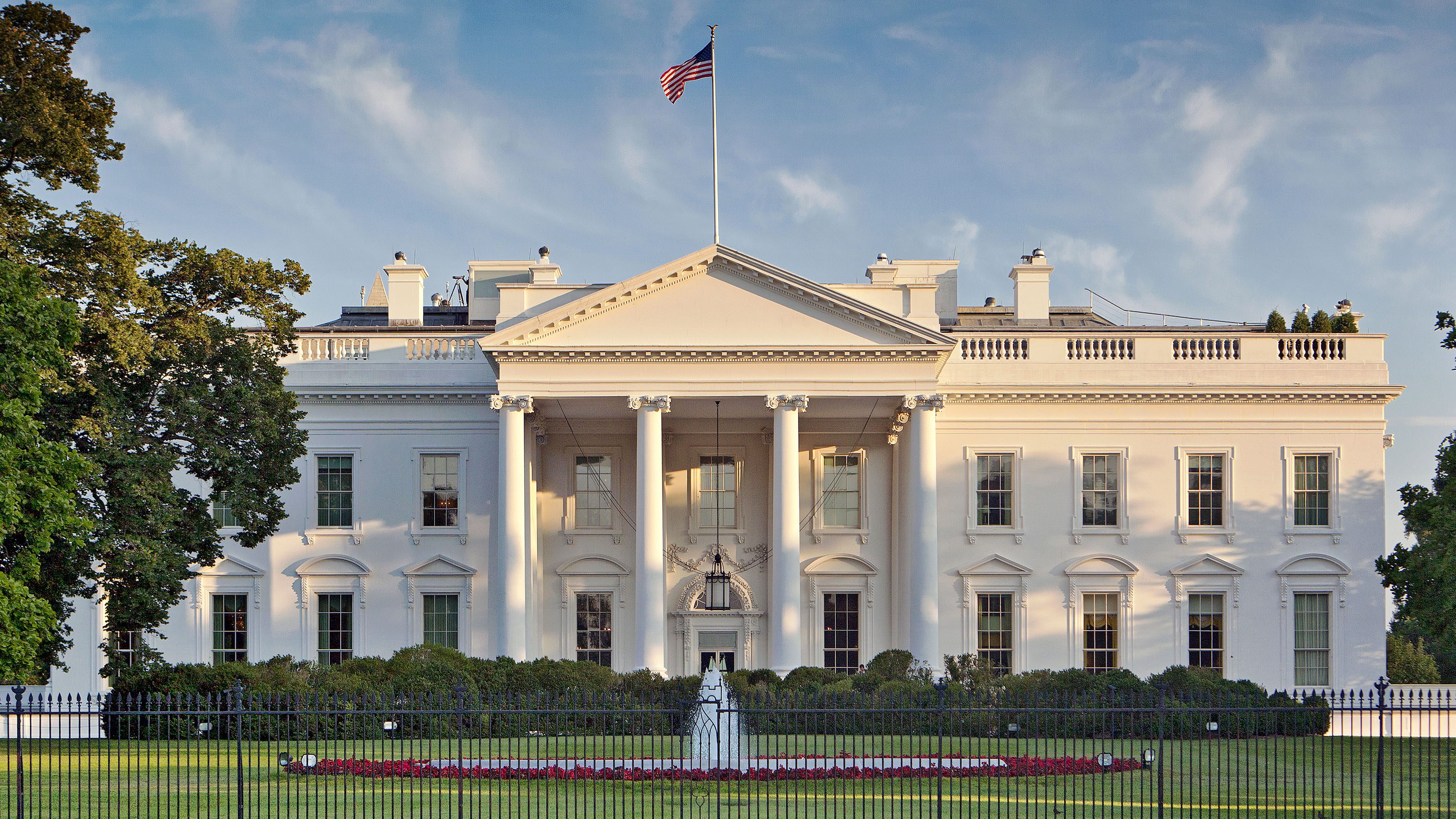 Biden Wants a Higher Child Tax Credit and So Do Some Republicans
Biden Wants a Higher Child Tax Credit and So Do Some RepublicansPresident Biden wants to revive the higher child tax credit and monthly advance payments, while some Republican senators have their own ideas for the popular tax break.
-
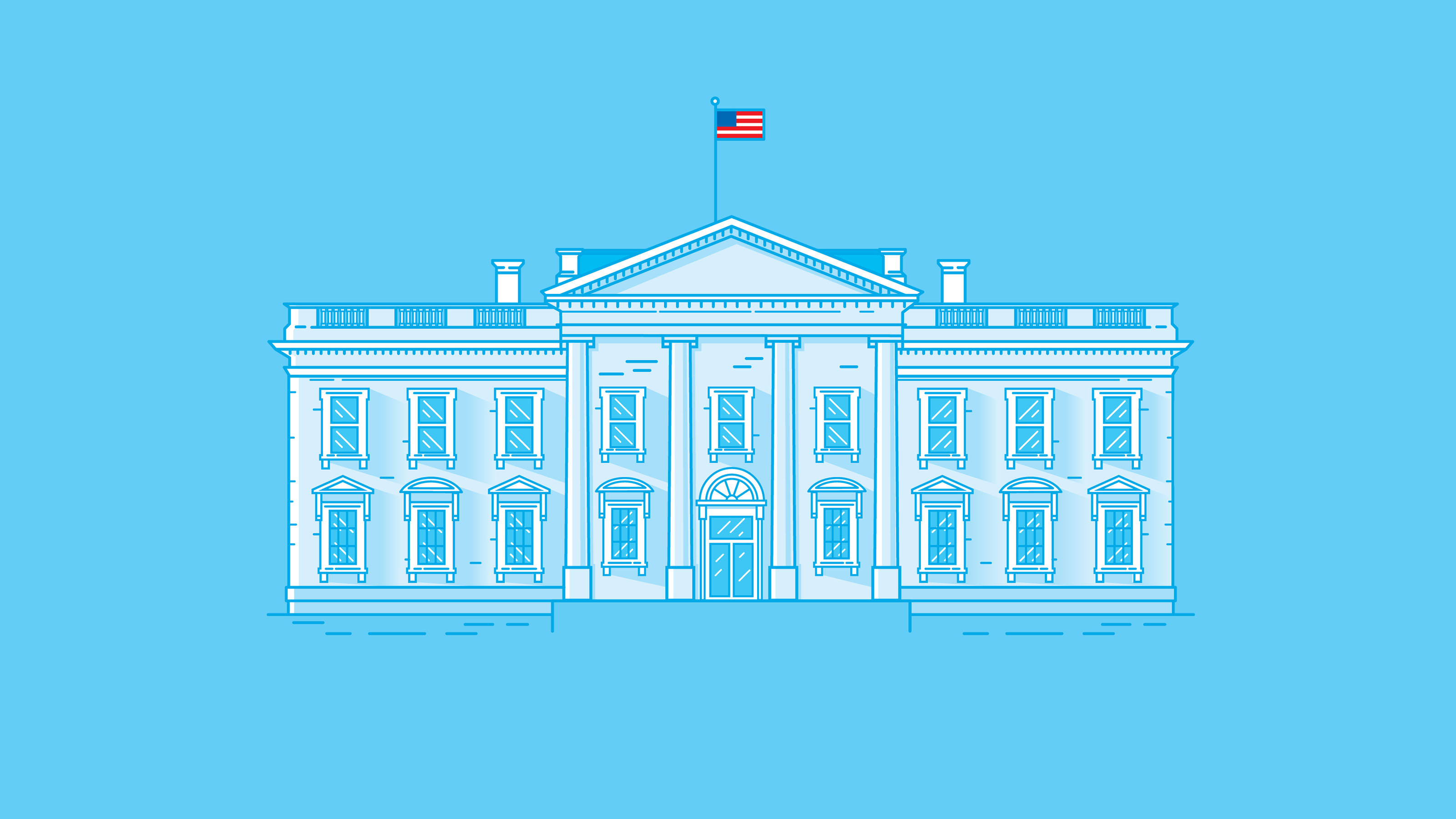 Biden Calls for Doubling Capital Gains Tax
Biden Calls for Doubling Capital Gains TaxThe White House President Biden wanted to increase taxes to have the wealthy pay a “fairer” share. Will VP Kamala Harris follow?

